Senior officials from the United States and China are holding talks in Madrid this week, covering trade disputes, export controls, and the future of TikTok’s US operations. The discussions come as both sides navigate a fragile economic relationship defined by rivalry as much as interdependence.
The meetings follow several rounds of high level dialogue over the past year, including talks in Geneva, Stockholm, London and Washington. Those sessions produced limited progress, such as agreements to maintain communication channels and expand exchanges on financial regulation and climate policy. Yet many core trade issues remain unsettled. Washington continues to press Beijing over subsidies for state-backed industries and restrictions on critical minerals, while China has denounced US tariffs and export controls on semiconductors as politically motivated.
The current round in Madrid is particularly sensitive because of the looming deadline for ByteDance to divest TikTok’s American operations. Earlier this year, US lawmakers passed legislation requiring the sale, citing fears that Chinese authorities could gain access to American user data. TikTok’s parent company has pushed back, noting that Chinese export control rules restrict the transfer of its recommendation algorithm abroad.
Beyond TikTok, the trade relationship between the two economies remains strained. The US maintains tariffs on roughly $300 billion worth of Chinese goods while Beijing still maintains retaliatory duties on American products. Washington has also tightened restrictions on advanced chip exports to China and expanded investment screening measures. In response, Beijing has curbed exports of key industrial materials vital for semiconductor and battery production.
The Madrid talks highlight how trade and technology have become inseparable in the US-China relationship. Even as both sides stress the need for stability, disputes over market access, export controls, and digital platforms like TikTok show that competition is likely to define the relationship for years to come. The outcome of these negotiations may not resolve the tensions, but it will shape the rules of engagement between the world’s two largest economies.
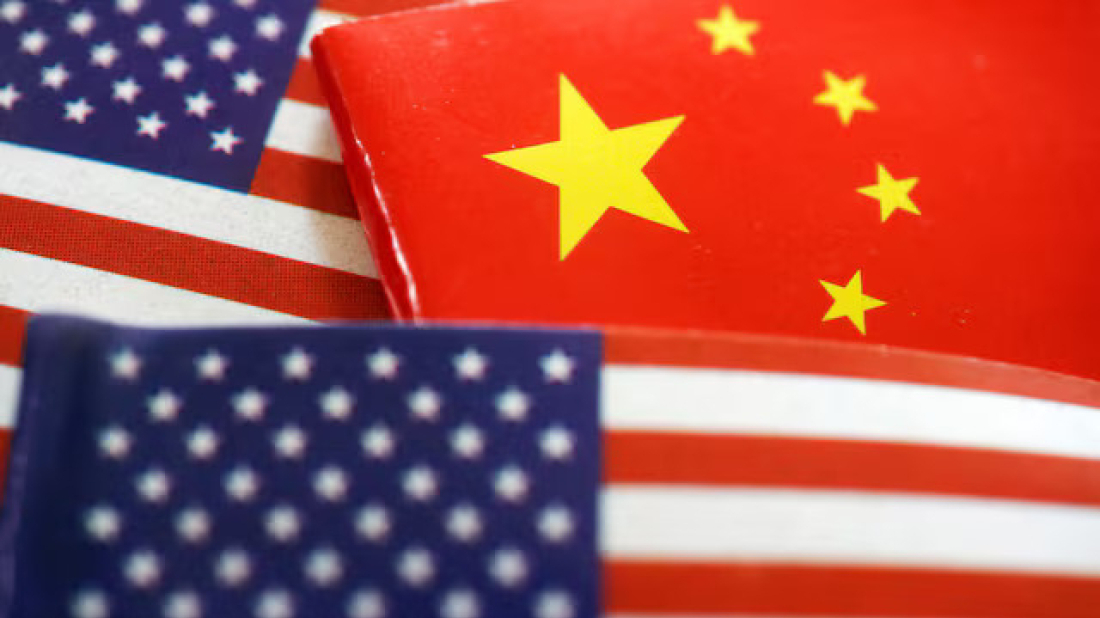
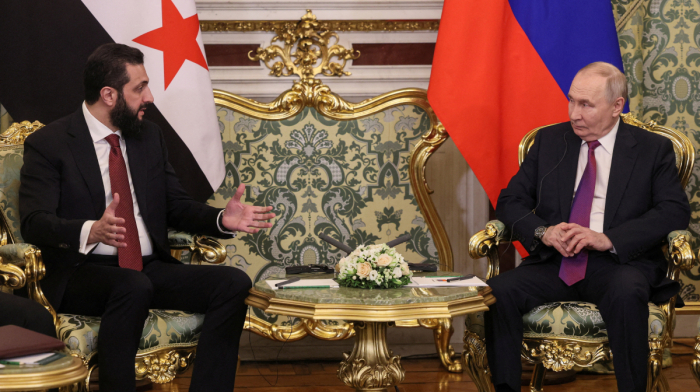

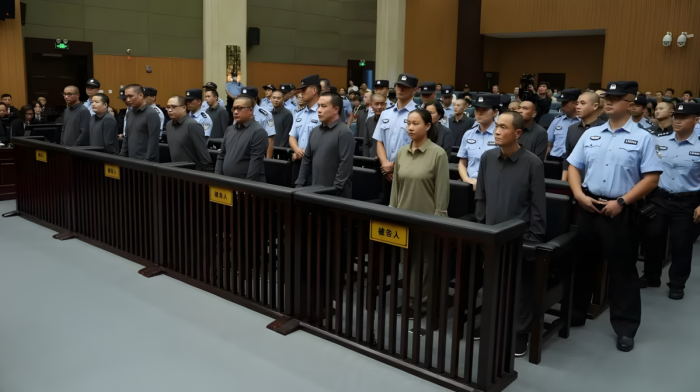

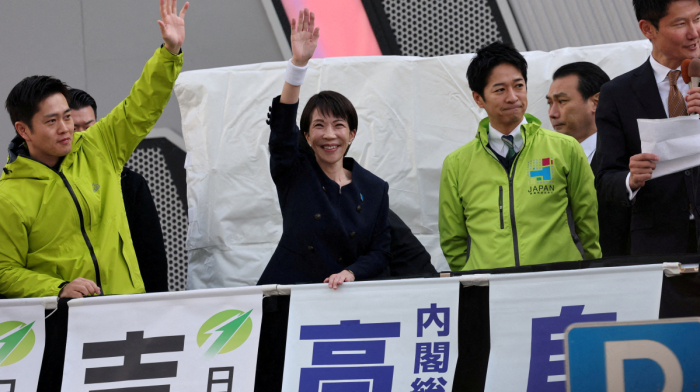

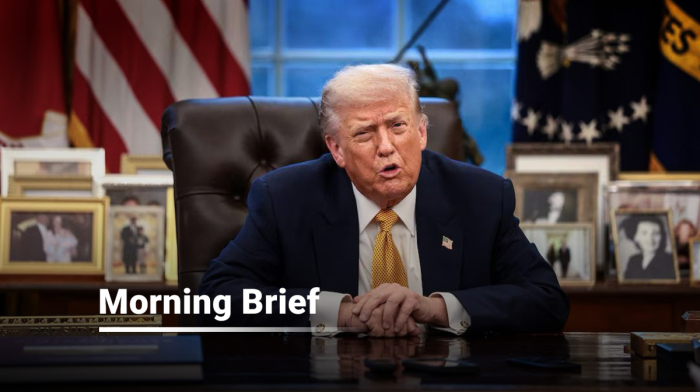

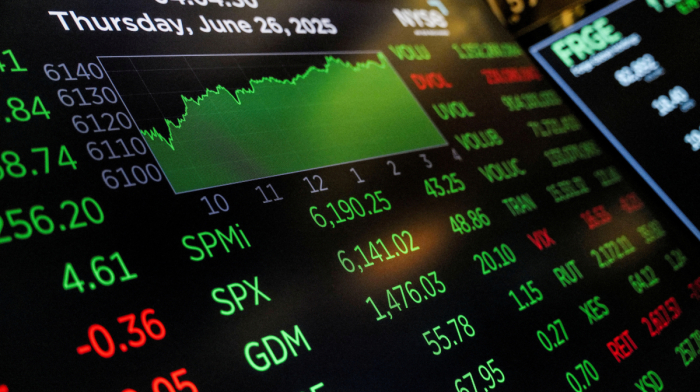
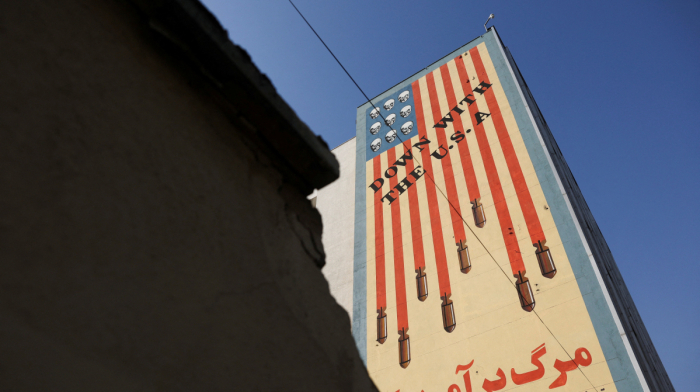



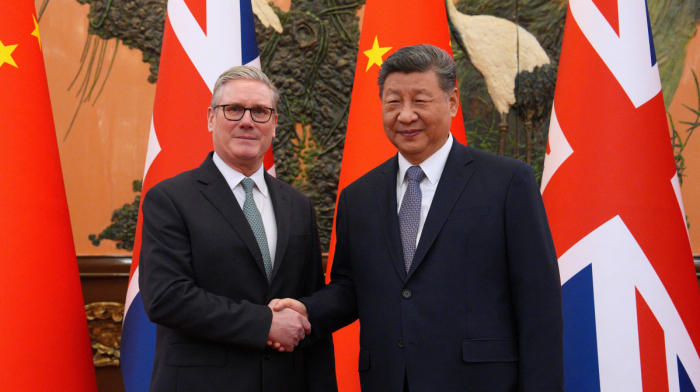



What is your opinion on this topic?
Leave the first comment